On Sunday evening, I returned home after being out for dinner.
I looked at my Instagram and I saw some devastating images coming out of Gaza.
I then turned on Al Jazeera news, which was reporting live – a small village in Gaza called Rafah, where hundreds of thousands of displaced Palestinians were living in tents, had been bombed.
It was a massacre, with Israel dropping several 2,000lb bombs on civilian tents near a UNRWA (United Nations Relief and Works Agency) compound.
The tents caught fire and many families were burnt to death.
‘Waiting on her turn to die’
I immediately started to cry as the images of murdered children – now mere body parts – were shown.
The children who had survived were vibrating with fear and shock. I saw my five-year-old daughter in them.
As I tried to sleep, I heard a plane flying over our house – imagine what it would be like to be in Palestine, hearing the drones and wondering if you will be next…every single night.
That is what my mum told me on my parents’ return from Gaza in November. She was just waiting on her turn to die.
When it wasn’t their home being hit by missiles, she felt instant relief followed by guilt that another family’s home was being targeted.
In this case, it was a family’s tent.
My daughter then entered my room and asked to sleep with me – a nightly occurrence – after having a bad dream.
Again, I imagined being a mother in Gaza, where there is no safe place, unable to comfort her child or protect them.
Tragically, Israel had designated this area in Rafah a ‘safe zone’.
‘Many in Dundee appear to believe in international law’
I am a strong believer in international law. I believe it must be upheld, respected and adhered to, and crucially it must apply equally to all.
It seems many in Dundee agree.
Dundee is the only place I have ever lived and I have been protesting in the city centre since I was 16 years old.
Many times I was accompanied by only a handful of protesters.
It has been unprecedented to see the people of Dundee share their collective anger and pain at the events in Palestine every single weekend since October, come rain or shine.
The heartbreak of watching the genocide in Gaza on our screens is mirrored across the globe [Note – Israel has rejected accusations of genocide, telling the UN in February the war in Gaza was fought in self-defence, with Israel targeting Hamas rather than Palestinians].
Last week the International Criminal Court (ICC) sought arrest warrants against the leaders of Hamas and leaders of the Israeli government, including Prime Minister Benjamin Netanyahu.
The alleged crimes are horrific and include extermination as a crime against humanity, murder, rape, starvation and torture.
The request for arrest warrants is significant and there is a reasonable burden of proof that war crimes have been committed.
‘We need a ceasefire now’
Many European countries have reiterated their respect for the independence of the ICC to carry out necessary investigations, however the UK and US have opposed the decision, with the American President Joe Biden calling it “outrageous”.
Yet the countries who have rejected the ruling welcomed the ICC’s decision to request an arrest warrant for Vladimir Putin – a decision I agree with.
We must not have a different moral compass for different countries.
This is dangerous and does not uphold the fundamental concept that human rights, and international law, are there to protect every human being on this planet.
The United Nations has reported that over 35,000 Palestinians have been killed in Gaza by Israeli forces – 52% are women and children.
The daily death rate in Gaza is higher than any other major conflict in the 21st century.
We need a ceasefire now. Lifesaving aid must be allowed to enter. Hostages must be released.
What we are witnessing on our screens is unbearable and inhumane.
Children should not be slaughtered, with the perpetrators not being stopped and held to account, all because of men playing politics.
In decades to come, the next generation will study this genocide and ask us, how did we allow it to happen?
As a Scottish-Palestinian, my faith in humanity has diminished.
But when I look to my city, it never lets me down and restores some of my faith in the world.
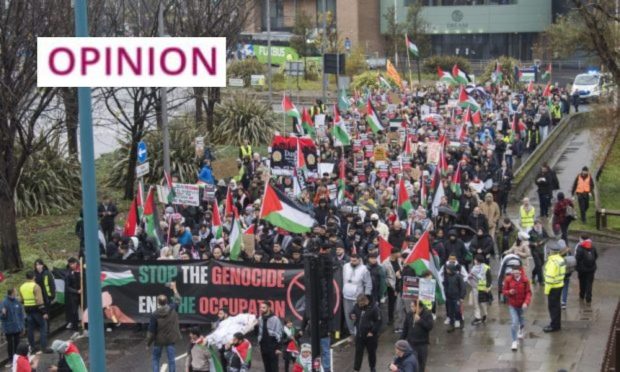
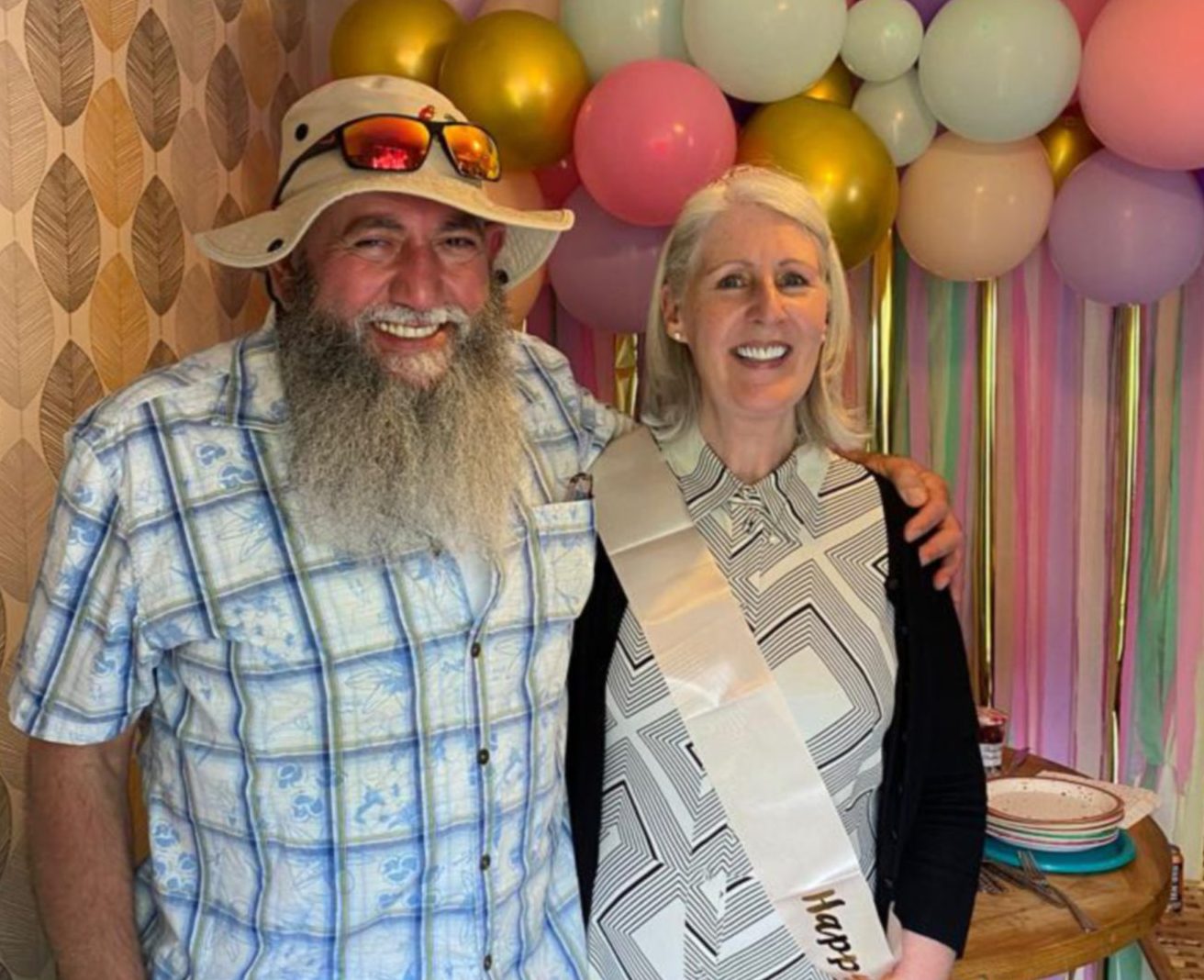
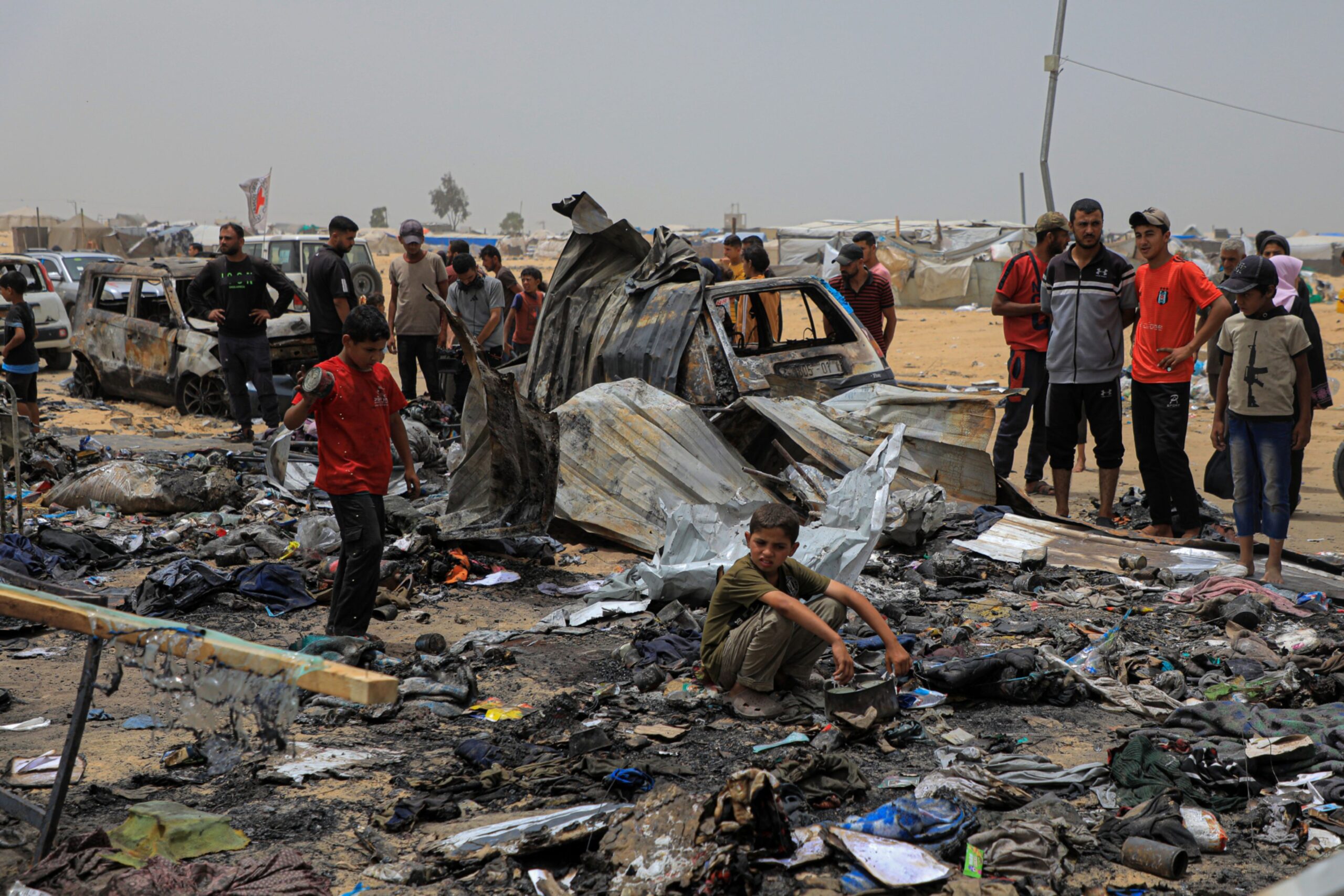
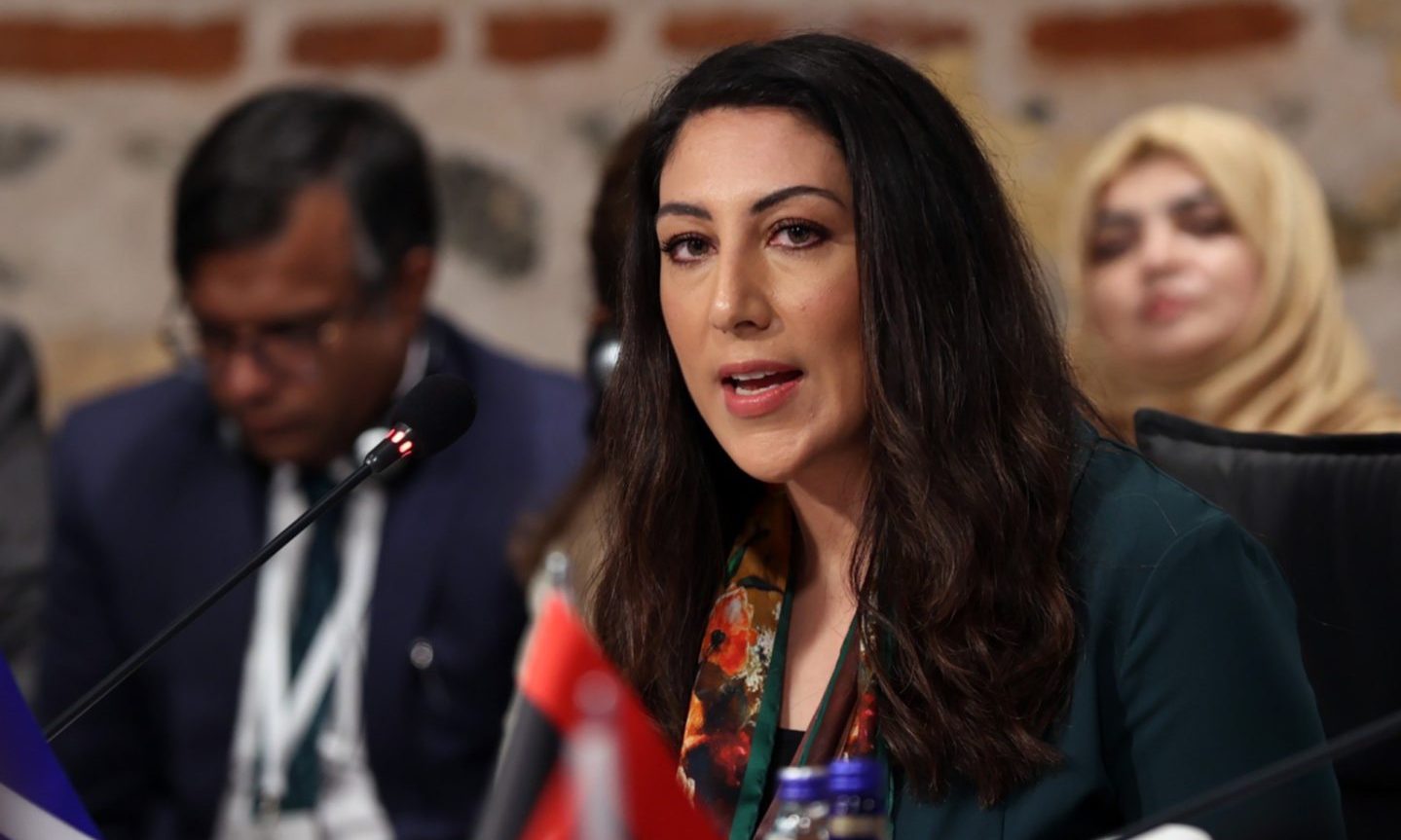
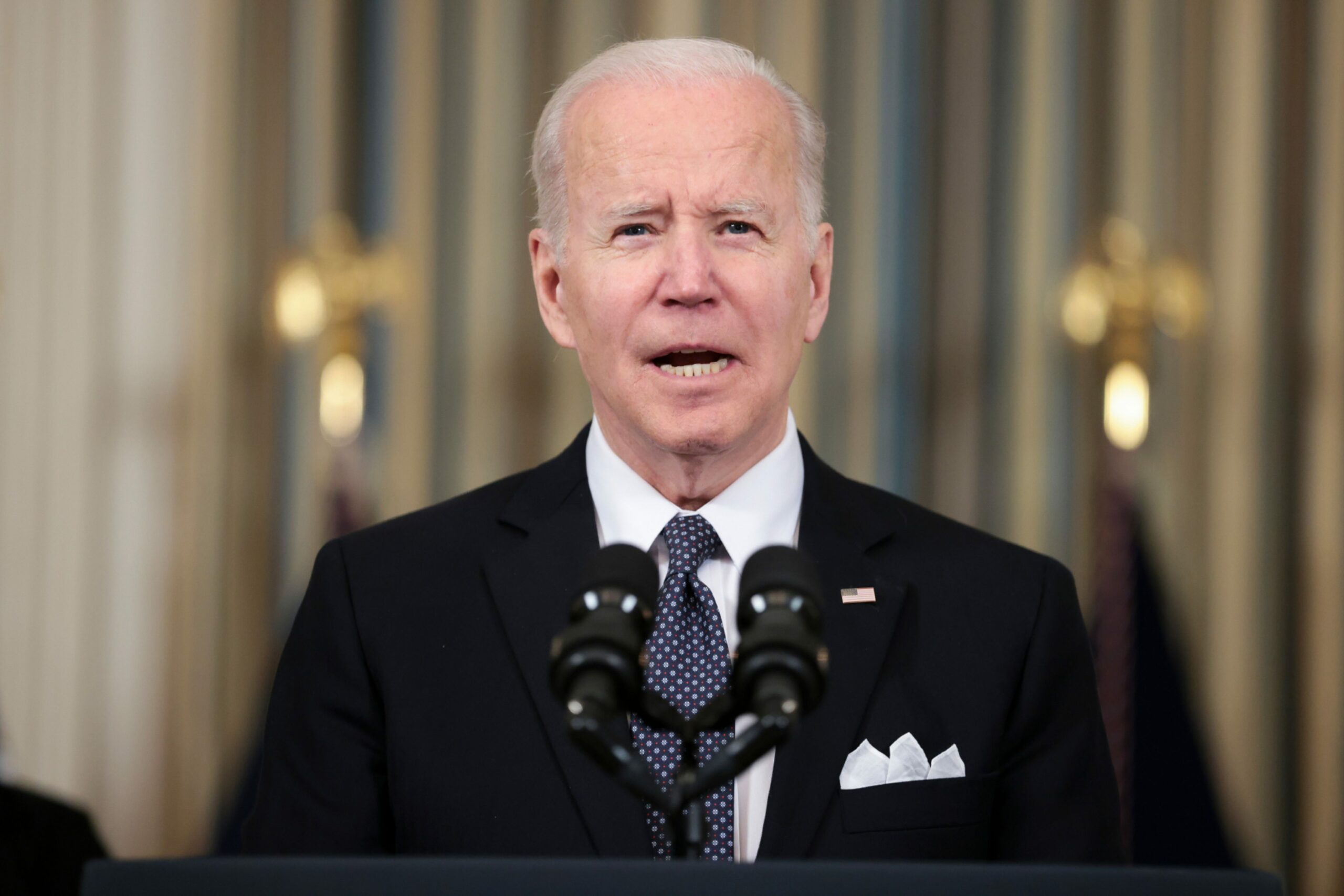
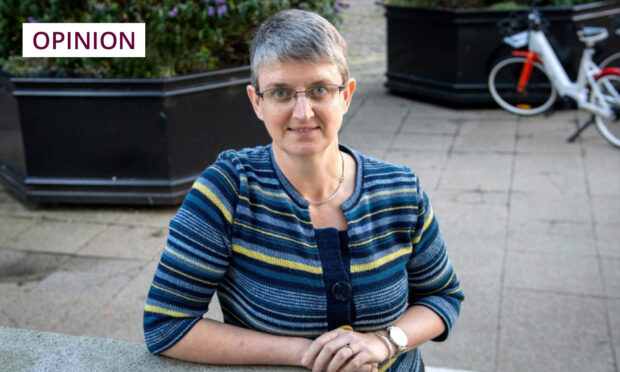









Conversation